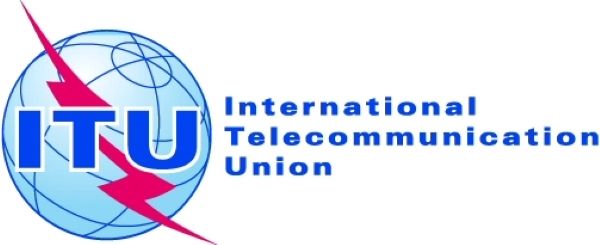ITU Urges Prioritisation of Effective E-Waste Regulation in Developing Countries
Na'ankwat Dariem
The International Telecommunication Union (ITU) has called for prioritising and promoting effective e-waste regulation in developing countries.
In a message to mark International E-Waste Day, celebrated on 14 October, the ITU urged everyone this year to “Join the e-waste hunt – retrieve, recycle, and revive!”
The theme emphasises the vast amounts of unused electronics in homes, highlighting the importance of recycling and recovering valuable materials from devices like mobile phones, cables, and other forgotten electronics.
Waste electrical and electronic equipment – or e-waste – is one of the world’s fastest-growing environmental challenges. According to the 2024 Global E-waste Monitor, released earlier this year by the ITU, at current rates, the world will produce an alarming 82 billion kilograms of e-waste annually by 2030.
To address this issue, the United Nations Agency for digital technologies, along with the United Nations Institute for Training and Research (UNITAR) and Fondation Carmignac, is providing technical assistance to countries seeking to prepare and implement e-waste regulations.
Cosmas Luckyson Zavazava, Director of ITU’s Telecommunication Development Bureau, stressed that “The full benefits of technology need to be realized with sustainability in mind,” noting that “Together with partners worldwide, we work to pave the way for a future where digital innovation and environmental stewardship go hand in hand.”
With rapid technological advances, e-waste has become a significant global concern. As digital innovation accelerates, responsible e-waste management has become increasingly urgent.
In response, ITU and the Communications, Space, and Technology Commission (CST) of the Kingdom of Saudi Arabia are working together to advance and implement producer responsibility-based regulations for e-waste in developing countries.
Naif Sheshah, Deputy Governor of Strategy and Digitalization at CST, Kingdom of Saudi Arabia, said, “Globally, 62 billion kilograms of e-waste were generated in 2022, yet less than 23 percent was recycled. CST, in collaboration with ITU, is taking proactive steps to change this and promote a sustainable digital future.”
Also Read: NCC to regulate electronic waste; advocates plastics recycling
With an initial focus on Paraguay, Rwanda, and Zambia, the initiative, launched in 2023 at COP28, relies on collaboration with local stakeholders to develop effective e-waste solutions tailored to local needs.
“Our impactful collaboration with CST addresses one of today’s pressing environmental issues and seeks to align technological progress with sustainable practices. Through this work, together with local partners and stakeholders, we are helping to pave the way for a better future for all,” Zavazava added.
In Paraguay, ITU and CST have engaged national regulators and producers in consultations to define the core principles of new e-waste regulations.
Key roles and responsibilities are being outlined through this collaborative process, and a core team of public stakeholders has been established to guide Paraguay’s regulatory framework for e-waste.
In Rwanda, ITU and CST are working with various government authorities to implement a comprehensive producer responsibility system for e-waste management.
Electronics producers are directly involved in shaping a circular value chain that supports both environmental sustainability and economic growth.
The project has united a range of e-waste stakeholders to establish key regulatory frameworks and identify the necessary material, financial, and information flows to support a circular economy for electronics.
Similarly, in Zambia, ITU and CST are working with local electronic producers and regulatory bodies to revise existing regulations. The project has extended producer responsibility to the post-consumer stage, ensuring that electronics are managed sustainably beyond their useful life.
Ongoing consultations with public and private stakeholders aim to address the needs of all participants in Zambia’s e-waste value chain.
As the project progresses in Paraguay, Rwanda, and Zambia, it can provide a valuable model for other countries seeking to address their e-waste management and sustainability challenges.
The ITU-CST partnership is committed to ensuring that digital innovation and environmental stewardship go hand in hand, making certain that the benefits of technology are realised with sustainability at the forefront.


Comments are closed.